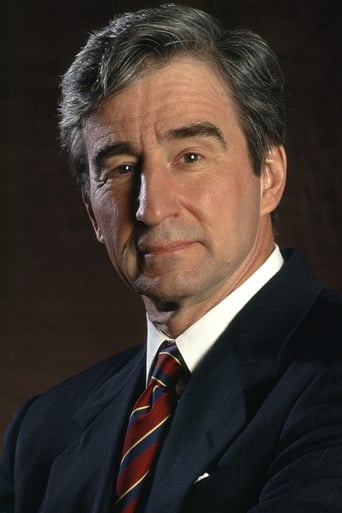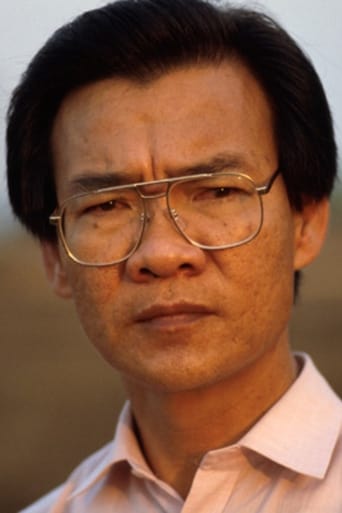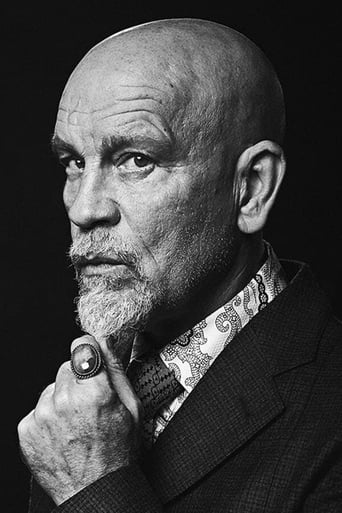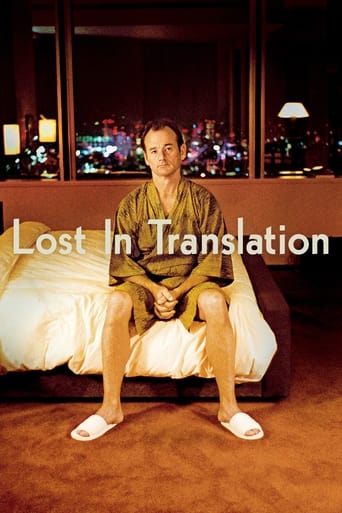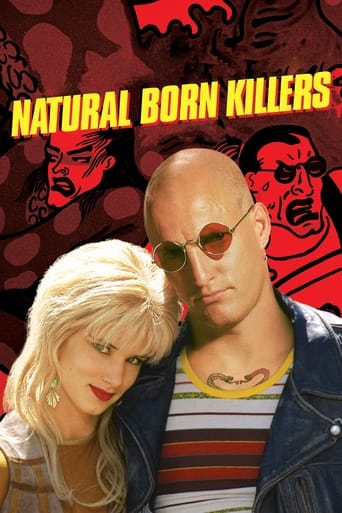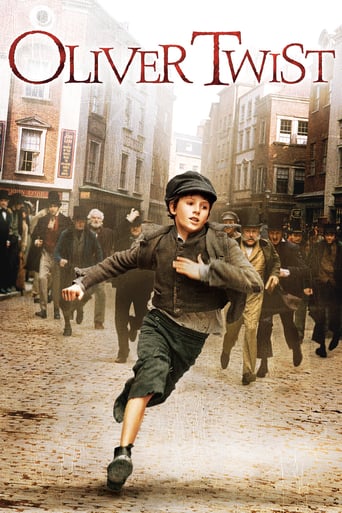
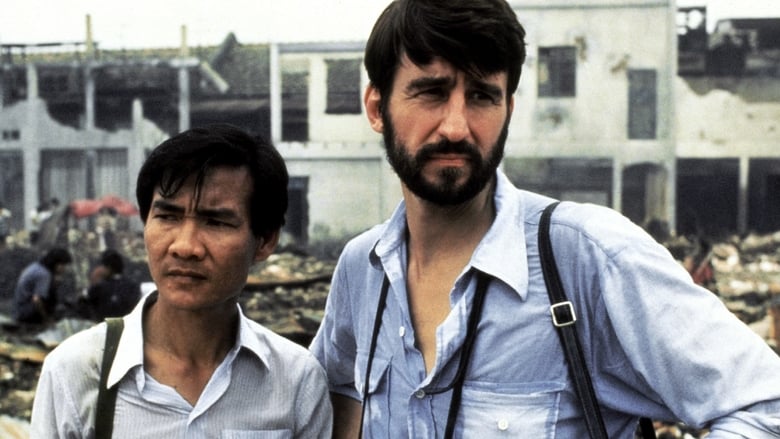
The Killing Fields (1985)
New York Times reporter Sydney Schanberg is on assignment covering the Cambodian Civil War, with the help of local interpreter Dith Pran and American photojournalist Al Rockoff. When the U.S. Army pulls out amid escalating violence, Schanberg makes exit arrangements for Pran and his family. Pran, however, tells Schanberg he intends to stay in Cambodia to help cover the unfolding story — a decision he may regret as the Khmer Rouge rebels move in.
Watch Trailer
Cast
Similar titles

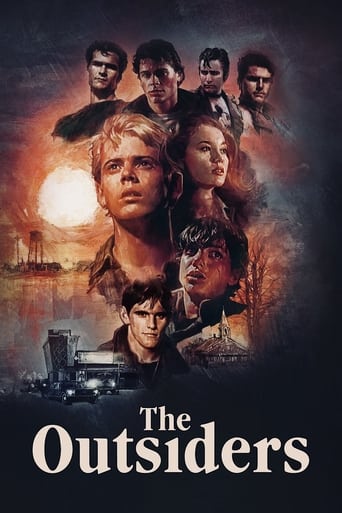

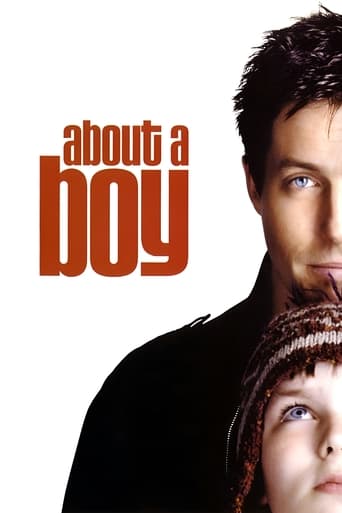
Reviews
Very best movie i ever watch
Watch something else. There are very few redeeming qualities to this film.
Ok... Let's be honest. It cannot be the best movie but is quite enjoyable. The movie has the potential to develop a great plot for future movies
This is a coming of age storyline that you've seen in one form or another for decades. It takes a truly unique voice to make yet another one worth watching.
Well maybe I should have watched this when it came out to be as impressed as most viewers here, but I was 6 so even if I did I don't remember it. But I do remember the hype about it. I only watched it in 2018 because so many people reviewing Angelina Jolie's First They Killed My Father kept insisting that this is THE movie to watch if you want to know more about the Cambodian genocide. And that Jolie's movie was uninformative and cheesy. Well, this one is equally uninformative and way more cheesy! Maybe reviewers preferred the story being told my a guy rather than a girl? I have no idea. At least FTKMF left me intrigued to find out more about the situation and I was also immersed in its atmosphere. I can't say the same for this one. It looked like a poor man's Empire of the Sun. Such important stories that need to be told, but it doesn't work every time just because of the shock value. Lastly, as few others already mentioned, this movie was in need of editing. Too long with little substance. Sorry!
not great . not spectacular. only special. because it is easy to define it in many ways, I hope, the basic virtue is to remember. to be a testimony. realistic. honest. using admirable cinematography, showing a painful, ignored episode from the contemporary history. it is not a film about war, it is far to be an eulogy or basis of a verdict. it is only a simple adaptation of the experiences of a journalist, part of a dramatic change of history, surviving to one of the most terrible political regime of the XX century. and the great good point for the movie is to have the right , wise manner to present this tragic events. the film remains special, after few decades, for the force of message first. for the high humanism. and for the precise science to reflect the spirit of a period.
'The Killing Fields', is Roland Joffé's ground-breaking, British-made drama about the Kymer Rouge's brutal, 5-year regime in Cambodia. This Academy award-winning film, made in 1984, tells the true story of an American newspaper journalist, (Sydney Schanberg) and his Cambodian Assistant, (Pran) before, during and after the takeover by Pol Pot and his murderous Khmer Rouge regime.The film is beautifully directed, shot and acted and it accurately portrays a truly harrowing and heart-breaking period in Cambodia's recent history. The Killing Fields should be compulsory viewing for anyone who lives in this region, particularly in Thailand, Cambodia or Vietnam. This genocide only took place some 37 years ago, yet for most people under thirty, they have little or no knowledge of what took place, right on their doorstep. Here in Thailand, there seems to be universal ignorance of tragic events that happened so close to their common border. Estimates of the total number of deaths resulting from Khmer Rouge policies during the period they controlled the country (1975-1979), including from disease and starvation, range from 1.7 to 2.5 million out of a population of around 8 million, or give or take, 25% of the population. One American reviewer recently described this film as 'The Ultimate Ugly American Movie' and goes on to say: ' .that amazing film about the human price of American involvement in Southeast Asia .' The film includes some 'telling references' about America's dubious role in the terrible events that overtook Cambodia, such as: "After what the Khmer Rouge have been through, I don't think they'll be exactly affectionate toward Westerners ." (spoken by a US embassy official) and: "Maybe we underestimated the anger that $7 billion in bombing would unleash." (Sydney Schanberg.) During the U.S. war in Vietnam, Cambodia was embroiled in a bloody civil war between the communist Khmer Rouge, backed by China and North Vietnam, and Cambodian government forces backed by the U.S. From 1969-73, the U.S. military covertly carpet-bombed eastern Cambodia in an attempt to disrupt North Vietnamese operations and defend the government against the Khmer Rouge, causing the deaths of hundreds of thousands of Cambodian citizens. For a country which at the time had a population of about 6 million, the losses were enormously devastating. Amongst the Cambodian populace, resentment grew against the U.S. and what was perceived as the American "puppet government" in Phnom Penh. The Khmer Rouge represented resistance to the U.S. and consequently, as bombs continued to fall, Cambodian citizens flocked to join them.Sydney Schanberg, who was a New York Times reporter and renowned for his experience in Cambodia at the time, said the Khmer Rouge " would point at the bombs falling from B-52s as something they had to oppose if they were going to have freedom. And it became a recruiting tool until they grew to a fierce, indefatigable guerrilla army." Eventually, the Khmer Rouge were able to overwhelm the government forces and establish control over Cambodia, leading to Pol Pot's "agrarian revolution", the killing fields, the torture centres and the loss of some 2 million Cambodian lives.In his memoirs, former Secretary of State Henry Kissinger has denied that the U.S. is at all responsible for the rise of the Khmer Rouge. But bitterly recounted descriptions of the bombings by survivors of the Khmer Rouge terror demonstrate that there is little to separate the U.S. bombings and Khmer Rouge brutality in the minds of Cambodian survivors. Who better to determine accountability than those who most directly suffered? It is impossible to say for certain, but such personal accounts are a powerful condemnation of the bombings and evidence that the U.S. government at the time was significantly responsible for what occurred thereafter.It is impossible to know for sure whether the bombing of Cambodia from 1969-73 led directly or indirectly, to massive suffering and the deaths of a full one-third of Cambodia's population at the time. But worse is the dysfunction caused by that tragedy which continues to profoundly affect Cambodian society to this day. I have been to Cambodia several times in recent years, and it was a very rare occurrence when I met anyone over 40 years of age.If you missed the Killing Fields when it was first released, or you were too young - or yet to be born - go search it out and watch a piece of truly horrifying history within living memory.
In 1973, New York Times reporter Sydney Schanberg (Sam Waterston) goes to cover the war in Cambodia with Dith Pran as his interpreter. They cover the war along side other journalists like Al Rockoff (John Malkovich) and Jon Swain (Julian Sands). A military adviser (Craig T. Nelson) tries to cover up an accidental American B-52 bombing of an innocent town. Eventually the Khmer Rouge threatens to overrun the country. Dith Pran decides to stay despite the danger while his family leaves. After the fall, Phnom Penh is evacuated and the group finds refuge in the French embassy. The foreigners are allowed to go home but Dith Pran and the locals are not so lucky.Director Roland Joffé creates a masterpiece. It is shockingly intense without warning. It is deep emotionally. He captures the desperate instability and the unknowable fear of the fall of the capital. The chaos and the random brutality is perfect. The acting is superb. Developing a picture has never been more intense. Then the movie does the unthinkable. It hands over the lead and the movie to a no name amateur Cambodian actor. The great surprise is that the movie is as compelling as ever. This is a historical biopic masterpiece from start to finish.
